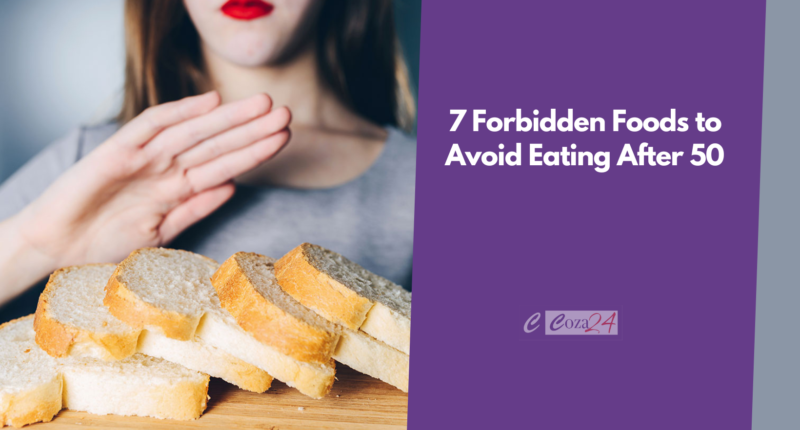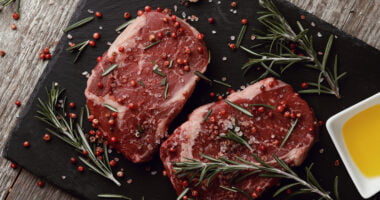A look at “7 Forbidden Foods to Avoid Eating After 50” Growing to reach the age of 50 and beyond, our bodies undergo various changes, including a decrease in metabolism, changes in nutrient absorption, and an increased risk of certain health conditions. Adopting a healthy diet becomes crucial to maintain optimal health and prevent age-related illnesses.
For emphasis, a well-balanced and nutrient-rich diet is essential for older adults as it helps maintain a healthy weight, provides energy, supports bone health, boosts the immune system, and reduces the risk of chronic diseases such as heart disease, diabetes, and certain cancers.
So, in this article, Coza 24 will explore Seven (7) forbidden foods that are best to steer clear of after the age of 50.
Table of Contents
Forbidden Food #1: Processed Meats
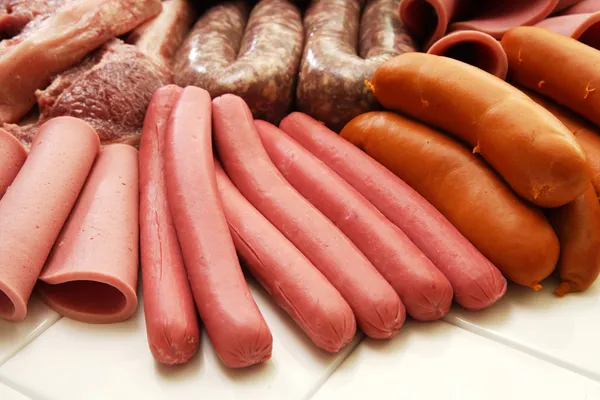
Processed meats, such as sausages, hot dogs, and deli meats, should be avoided or consumed sparingly after the age of 50. These meats often contain high levels of sodium, nitrates, and additives, which can contribute to an increased risk of heart disease, high blood pressure, and certain types of cancer. Opting for lean cuts of fresh meat or plant-based protein sources is a healthier choice.
Forbidden Food #2: Sugary Beverages
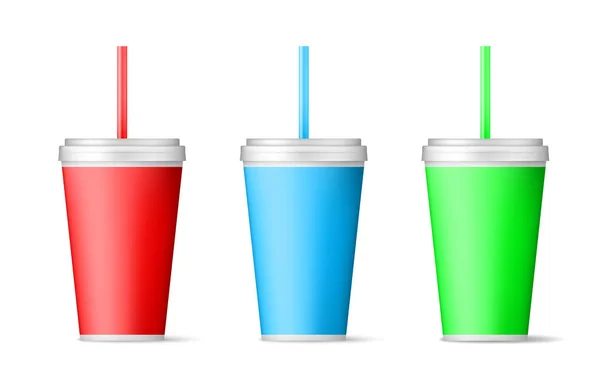
Sugary beverages like soda, fruit juices, and sweetened teas can be detrimental to our health, particularly as we age. These drinks are high in added sugars and provide empty calories without offering any nutritional value. Regular consumption of sugary beverages can lead to weight gain, increased risk of type 2 diabetes, and dental problems. Instead, it is advisable to opt for water, herbal teas, or freshly squeezed juices in moderation.
Forbidden Food #3: Trans Fats
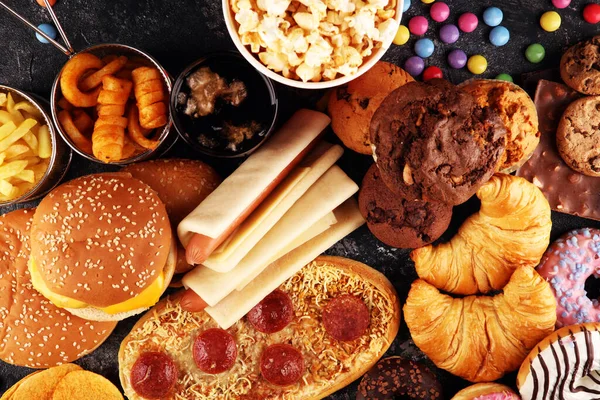
Trans fats are artificially created fats found in many processed and packaged foods. These fats raise LDL (bad) cholesterol levels while lowering HDL (good) cholesterol levels, leading to an increased risk of heart disease and stroke. It is crucial to read food labels carefully and avoid products that contain partially hydrogenated oils, which are the primary source of trans fats. Choosing healthier fats like olive oil, avocados, and nuts is recommended.
Forbidden Food #4: Excessive Salt

While a moderate amount of salt is necessary for our bodies to function properly, excessive salt intake can be harmful, especially for individuals over 50. Consuming too much salt can raise blood pressure, strain the kidneys, and increase the risk of heart disease. It is advisable to limit the consumption of high-sodium foods such as processed snacks, canned soups, and fast food. Instead, flavor your meals with herbs, spices, and other seasonings that add taste without the excess salt.
Forbidden Food #5: Refined Grain
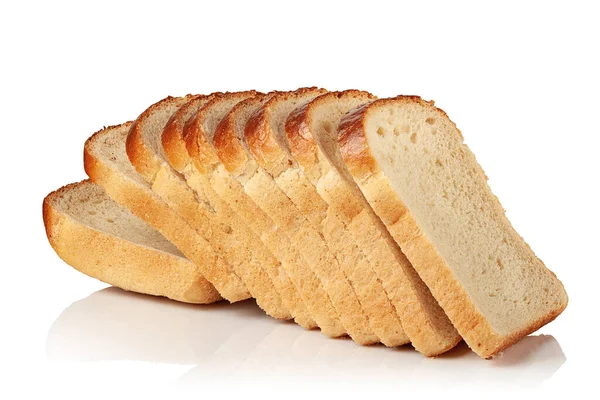
Refined grains, including white bread, white rice, and refined pasta, have gone through a process that removes the bran and germ, stripping away valuable nutrients and fiber. These foods have a high glycemic index, leading to rapid spikes in blood sugar levels. Overconsumption of refined grains can contribute to weight gain, insulin resistance, and an increased risk of type 2 diabetes. Opting for whole grains like brown rice, quinoa, and whole wheat bread provides more fiber, vitamins, and minerals.
Forbidden Food #6: High-Fat Dairy Products
Full-fat dairy products like whole milk, cream, and cheese can be problematic for individuals over 50, as they tend to be high in saturated fats. Consuming excessive saturated fats can lead to weight gain, clogged arteries, and an increased risk of heart disease. Switch to low-fat or non-fat dairy options, such as skim milk, Greek yogurt, or reduced-fat cheeses, to ensure a healthier fat profile in your diet.
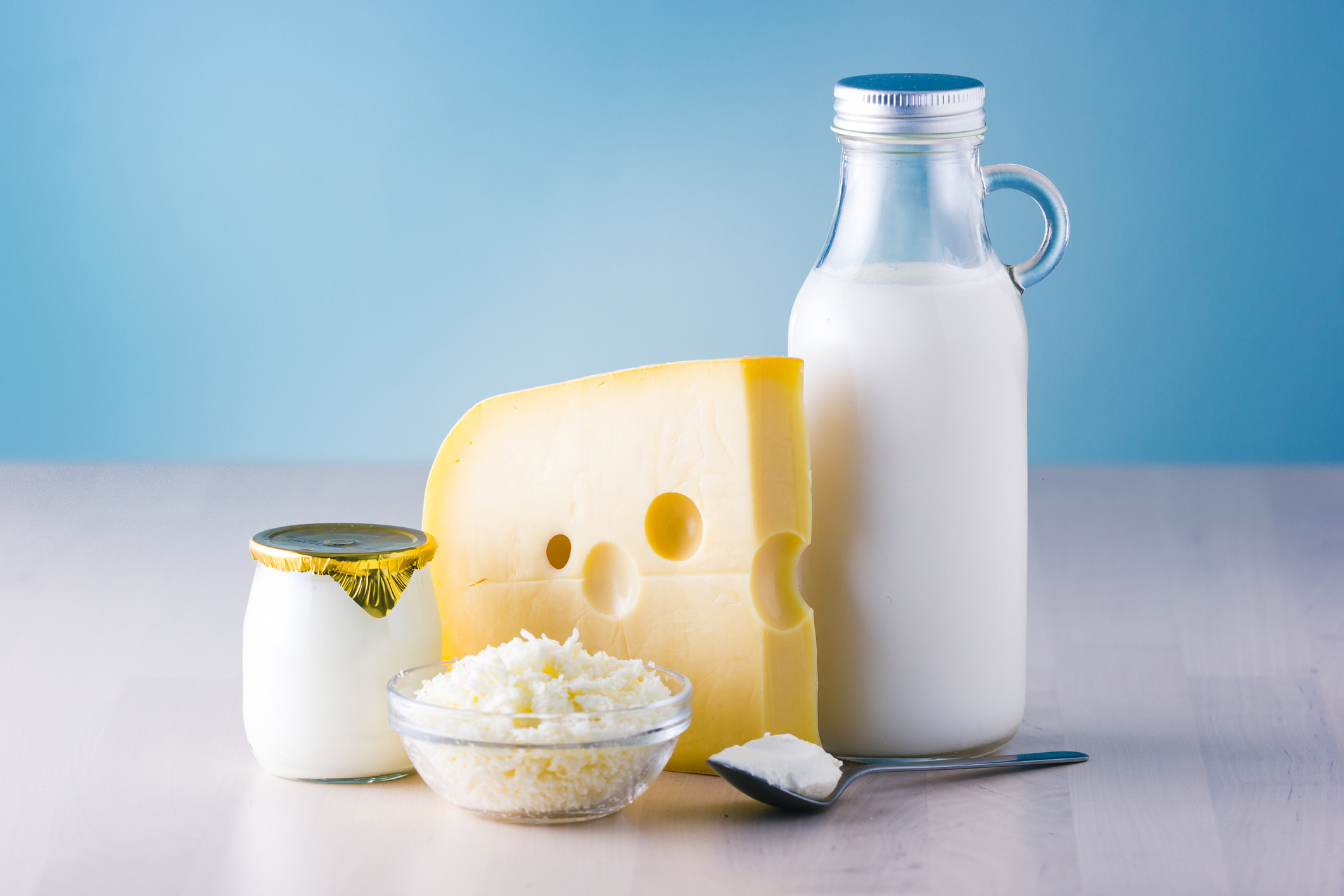
Heart disease risk. Your body needs healthy fats for energy and other functions. But too much saturated fat can cause cholesterol to build up in your arteries (blood vessels). Saturated fats raise your LDL (bad) cholesterol. High LDL cholesterol increases your risk for heart disease and stroke.
Forbidden Food #7: Artificial Sweeteners

Artificial sweeteners are commonly used as sugar substitutes in various diet and low-calorie products. While they may seem like a healthier alternative, especially for individuals watching their sugar intake, artificial sweeteners come with their own set of concerns, especially for those above 50. Studies have suggested that artificial sweeteners can disrupt the body’s natural metabolic processes, leading to weight gain, increased cravings for sweets, and potential negative effects on gut health. Instead of relying on artificial sweeteners, try using natural alternatives like stevia, honey, or maple syrup in moderation.
Final Note!
As we age, it becomes crucial to pay closer attention to our dietary choices to maintain optimal health and well-being. By avoiding these seven forbidden foods after the age of 50—trans-fat laden snacks, sugary beverages, processed meats, excessive salt intake, refined grains, high-fat dairy products, and artificial sweeteners—you can support a healthier lifestyle and reduce the risk of age-related health conditions. Remember to prioritize whole, nutrient-dense foods, stay hydrated, and consult with a healthcare professional or registered dietitian for personalized advice.
FAQs
FAQ 1: Are there any alternatives to these forbidden foods?
Yes, there are plenty of healthier alternatives available. For example, you can choose lean meats, plant-based proteins, unsweetened beverages, healthy fats, and whole grains as substitutes for the forbidden foods mentioned.
FAQ 2: How can I gradually eliminate these foods from my diet?
Gradually eliminating forbidden foods from your diet can be achieved by incorporating healthier options and making small changes over time. Focus on adding more fruits, vegetables, whole grains, and lean proteins to your meals while reducing the consumption of processed and unhealthy foods.
FAQ 3: What are some healthy substitutes for refined grains?
Healthy substitutes for refined grains include whole grains like quinoa, brown rice, whole wheat bread, and oats. These options are higher in fiber and retain more nutrients compared to their refined counterparts.
FAQ 4: Can occasional indulgence in these forbidden foods be allowed?
Occasional indulgence in forbidden foods can be allowed as long as it’s done in moderation. Remember to balance it with a nutritious diet and prioritize healthier choices for the majority of your meals.
Next Post | 15 Tips To Reduce Eye Strain During Online Classes
